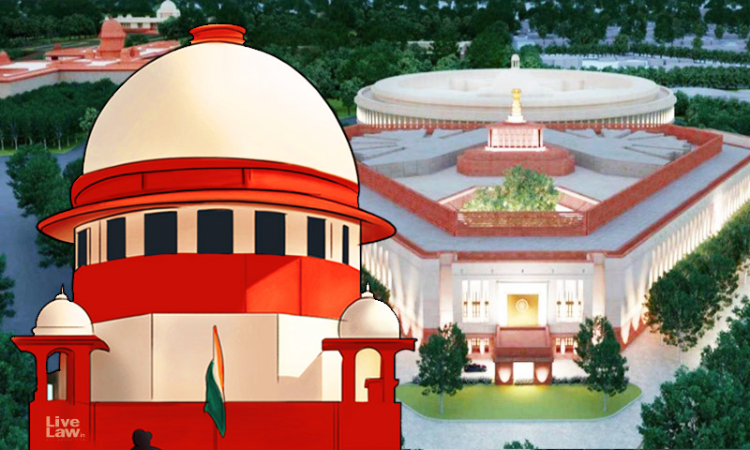India A Representative Democracy With Strong Elements Of Participatory Democracy : SC In Central Vista Judgment
LIVELAW NEWS NETWORK
5 Jan 2021 6:40 PM IST

Next Story
5 Jan 2021 6:40 PM IST
The Supreme Court's judgment upholding the Central Vista project process(by 2:1 majority), running into 611 pages, devotes a substantial portion to discuss the concept of 'participatory democracy'.This was in the context of the argument raised by the petitioners regarding the absence of public participation in the process.While the majority approved the project, Justice Sanjiv Khanna dissented...
